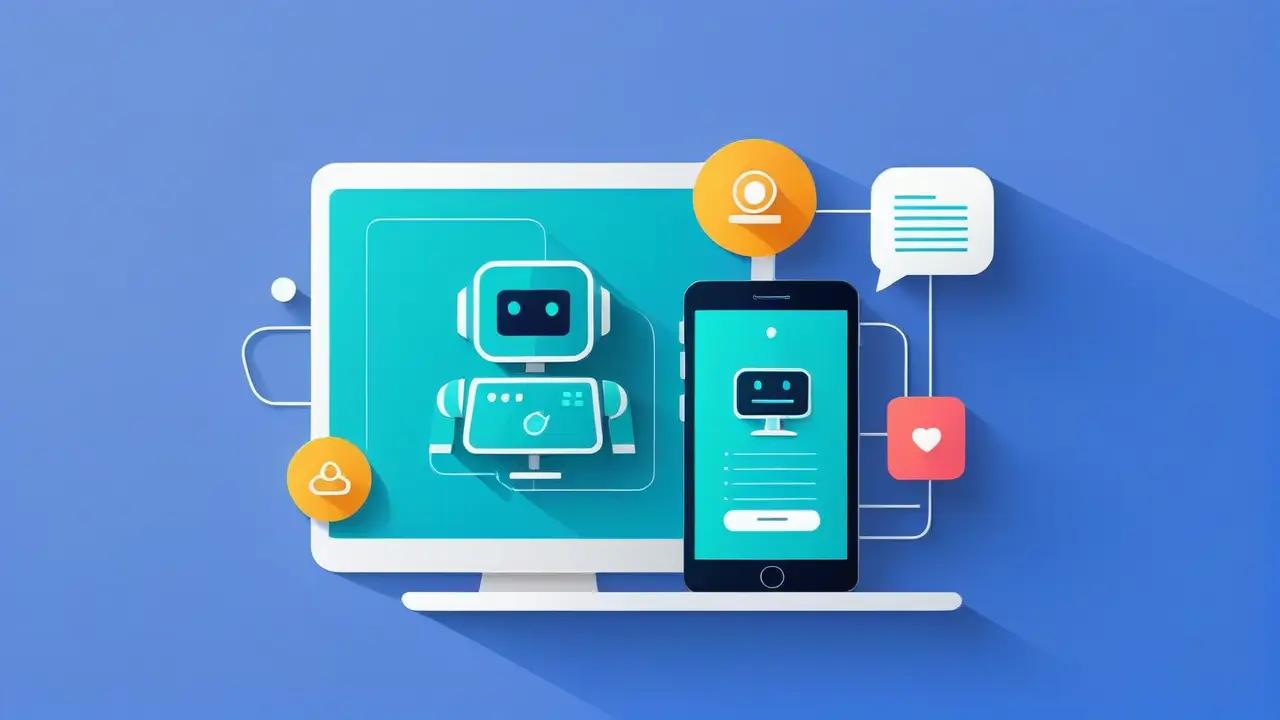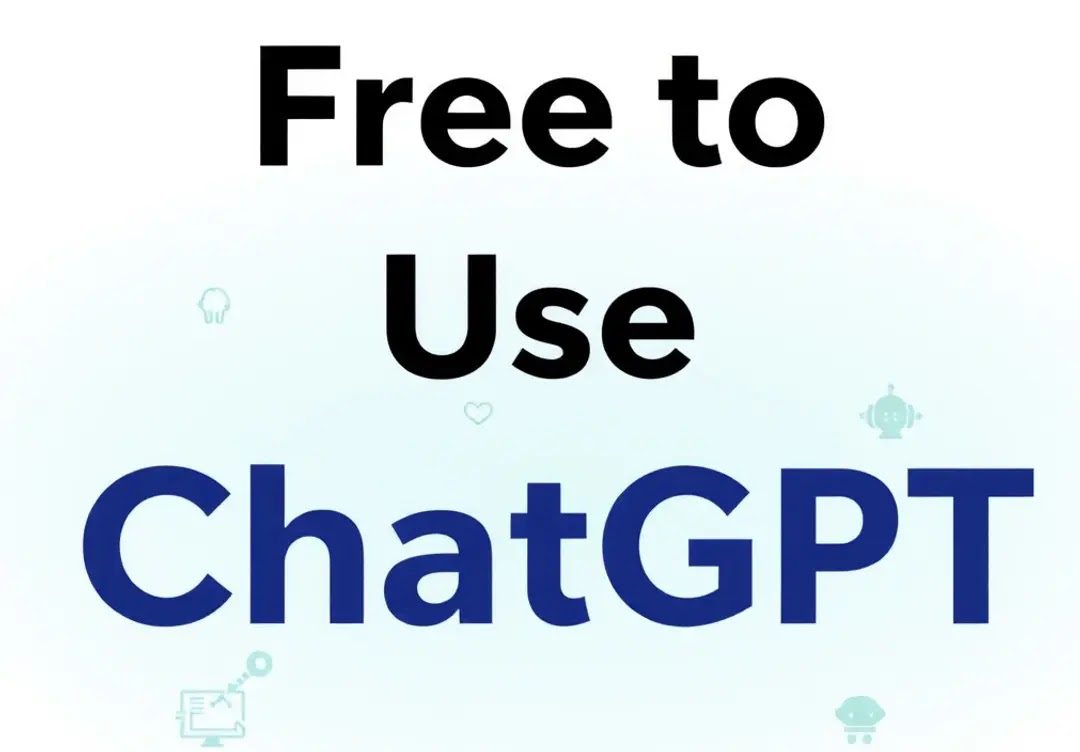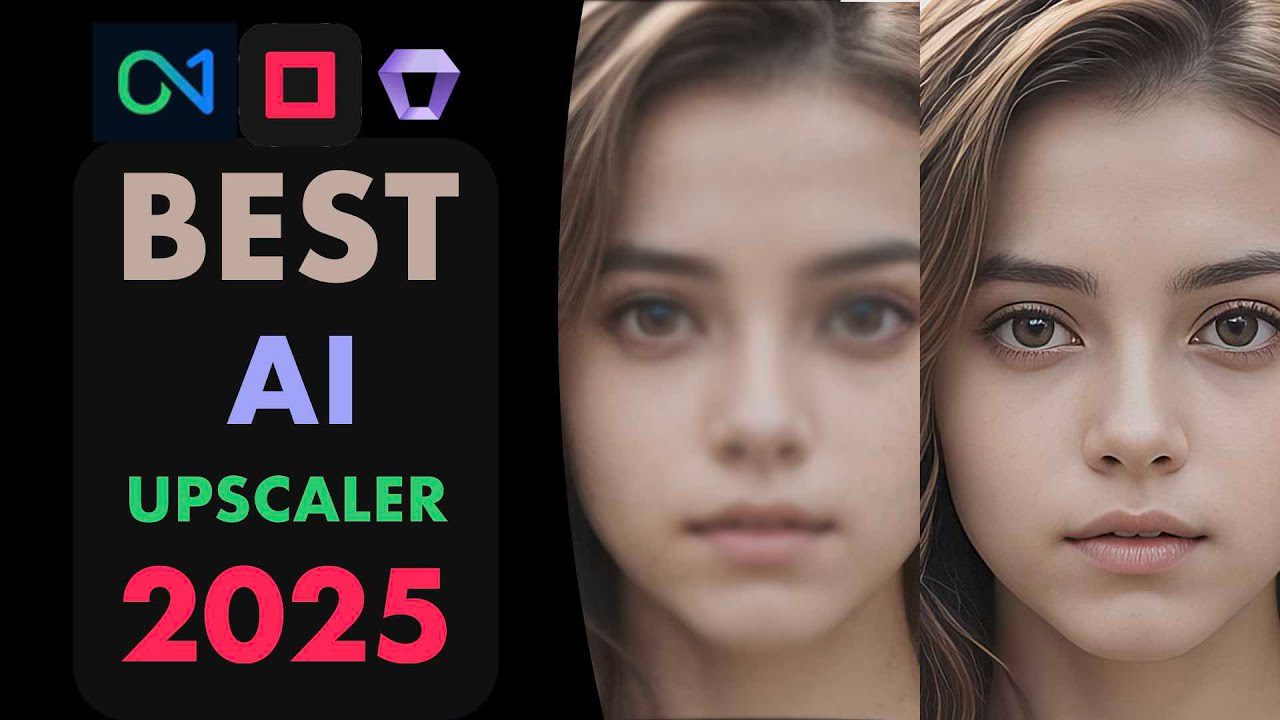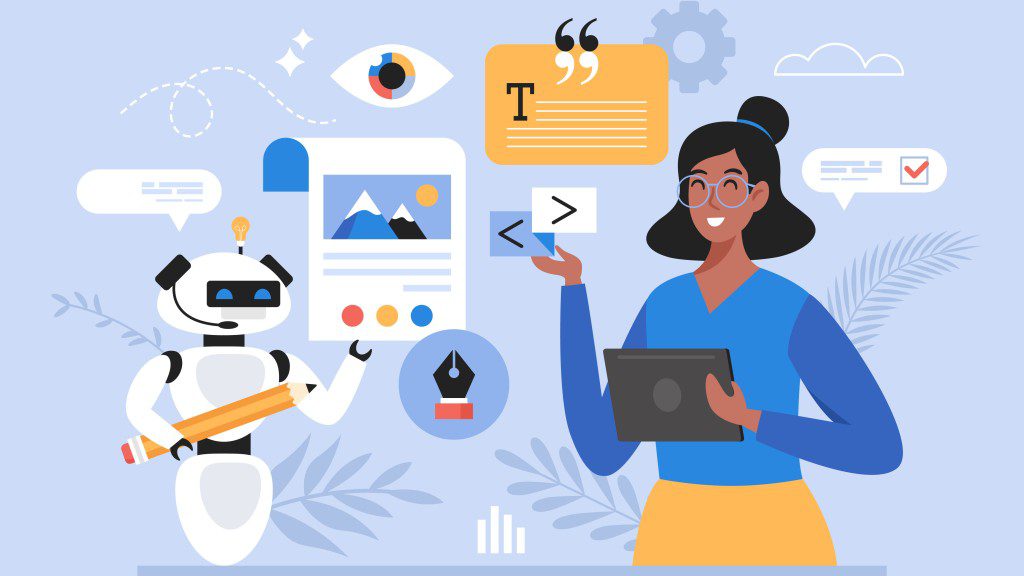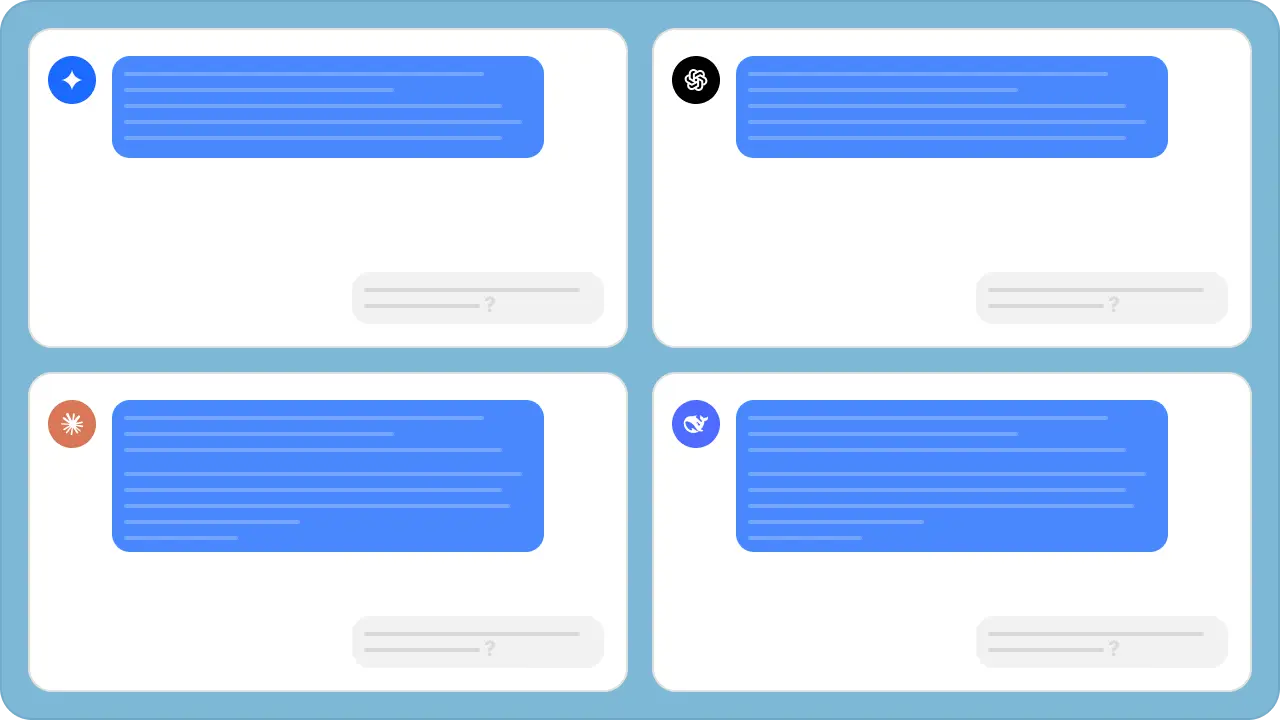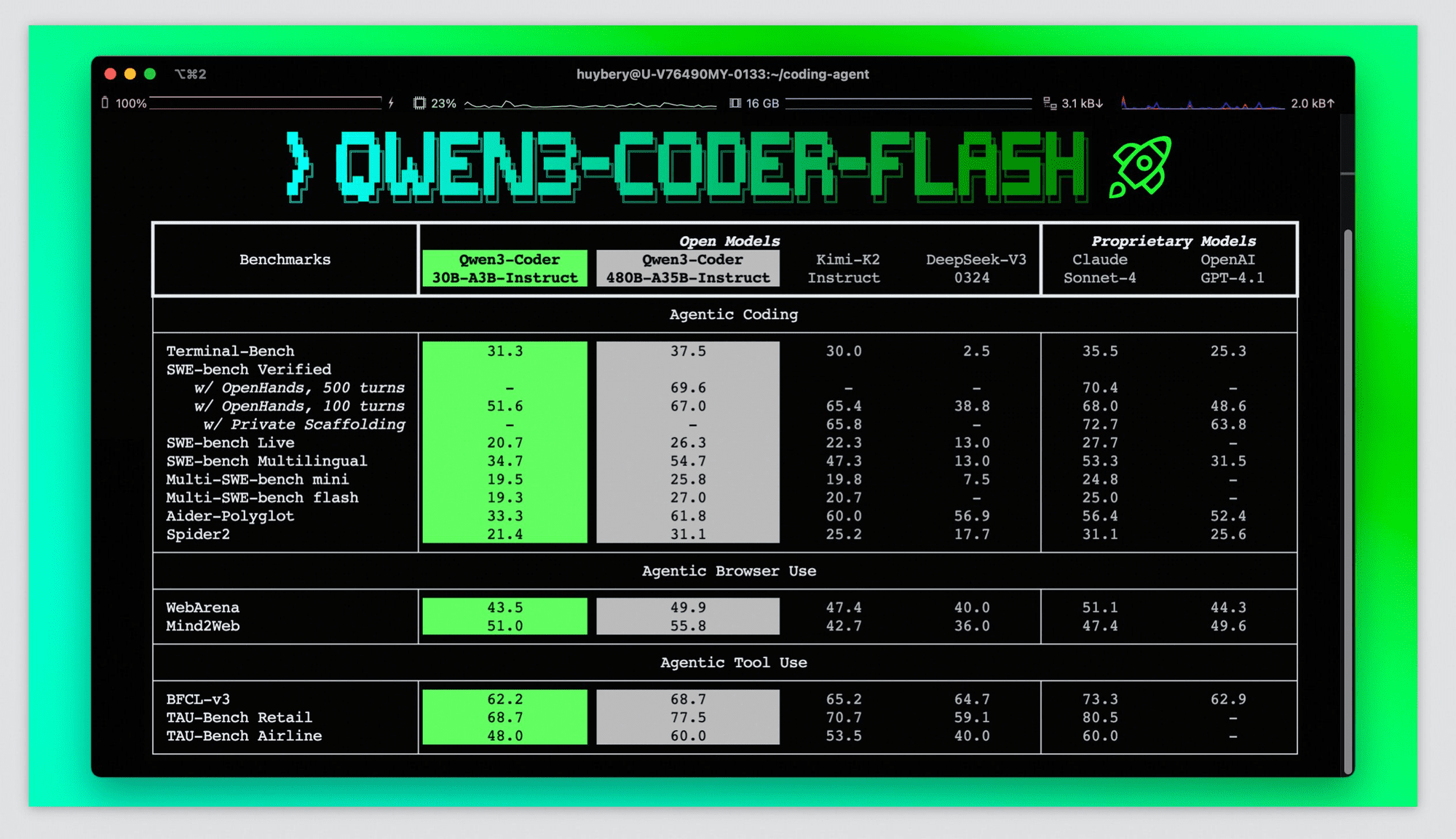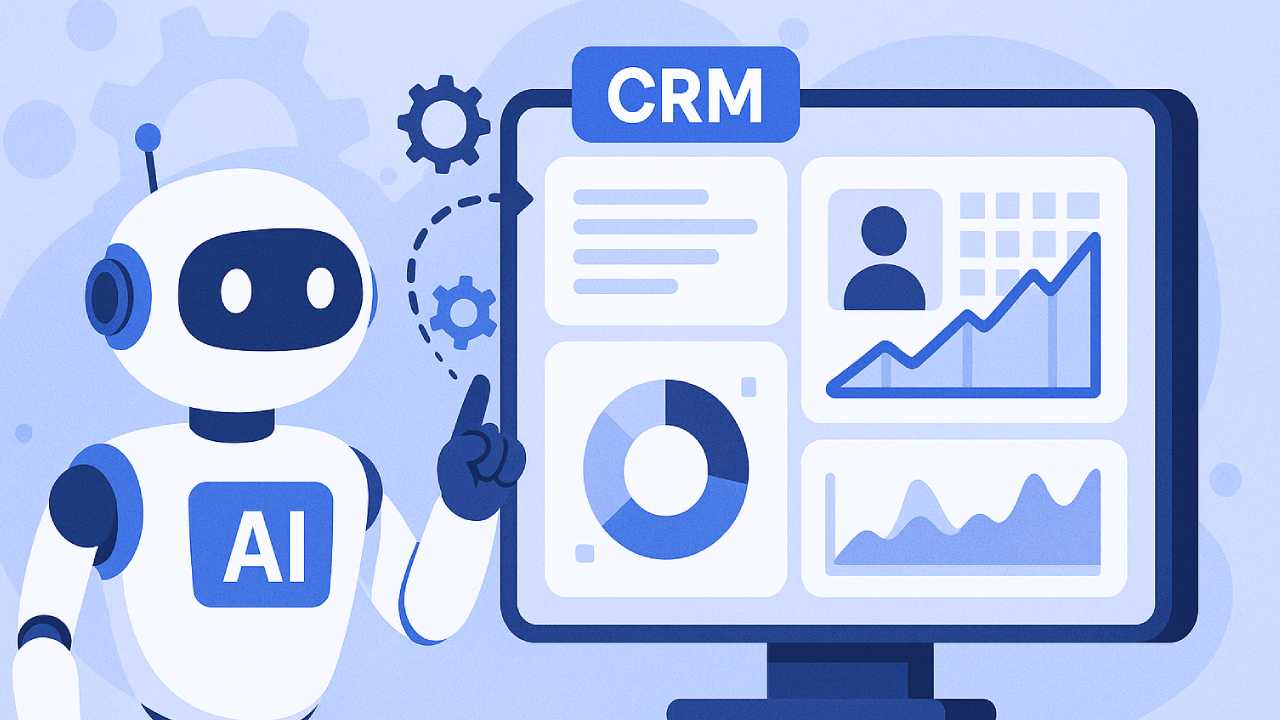The integration of artificial intelligence into the healthcare sector is rapidly transforming how medical services are delivered. Among the most discussed innovations are AI chatbots, which show significant promise as health advisors, tools for initial patient assessment, and even companions for mental well-being. However, their emergence raises crucial questions about the future role of human medical professionals. Understanding the balance between technological advancement and the indispensable human touch in healthcare is vital as we navigate this evolving landscape. AI chatbots in healthcare offer powerful capabilities but also come with inherent limitations that underscore the continued necessity of human expertise.
The Rise and Capabilities of AI Chatbots in Healthcare Settings
AI chatbots are increasingly playing a pivotal role in modern healthcare delivery. Their capacity to process immense datasets, identifying patterns far beyond human capabilities, makes them highly effective for managing routine administrative and informational tasks. This includes scheduling appointments, sending medication adherence reminders, and disseminating general health information. By automating these functions, chatbots help alleviate the operational burden on healthcare systems, freeing up physicians, nurses, and other staff to concentrate on more complex patient care needs.
The rapid adoption rate is notable. Technologies like ChatGPT gained massive traction quickly, illustrating the sector’s readiness to embrace AI. For instance, ChatGPT reached one million users within five days of its launch and soared to 100 million users in just two months. Studies indicate a growing reliance on such tools among healthcare workers themselves, with a significant percentage utilizing them for various tasks. This swift uptake highlights the perceived value of AI chatbots in streamlining workflows, enhancing efficiency, and potentially improving patient engagement. As these technologies mature, their integration is expected to deepen, further optimizing resource allocation and operational processes within healthcare organizations.
Understanding the Limitations: Why Human Expertise Remains Crucial
Despite their advantages, it is essential to recognize the current limitations of AI chatbots. Artificial intelligence, in its present form, cannot replicate the empathy, intuition, and nuanced judgment developed through years of hands-on clinical experience that medical professionals possess. These uniquely human attributes are fundamental to effective patient care, particularly when interpreting subtle language cues, understanding non-verbal communication, and navigating emotionally charged situations.
AI chatbots operate based on the data and algorithms they are trained on. Consequently, the quality and accuracy of their outputs are entirely dependent on the input data. Substandard, incomplete, or biased data can lead to incorrect information or potentially harmful recommendations. They lack the innate critical thinking and adaptability required to handle ambiguity or unforeseen circumstances effectively, which are common in clinical practice.
The Irreplaceable Human Element in Patient Care
The responsibilities of a medical professional extend far beyond diagnosing illnesses and prescribing treatments. Healthcare providers offer comfort, reassurance, and empathetic support during times of patient vulnerability and stress. The doctor-patient relationship, founded on trust, rapport, and mutual understanding, is a cornerstone of effective healthcare that cannot be automated or replicated by an AI chatbot.
Furthermore, while chatbots can handle routine inquiries and provide standardized health information, they are not equipped to address complex medical questions. Such inquiries often demand deep medical knowledge, sophisticated diagnostic reasoning, and the ability to synthesize diverse information streams – capabilities honed through years of training and clinical practice. These intricate medical challenges and the need for nuanced patient interaction firmly establish the indispensable role of human professionals in the healthcare ecosystem.
Practical Applications: Where AI Chatbots Shine and Where They Fall Short
AI chatbots are being successfully deployed across various healthcare functions, streamlining processes and enhancing patient access to basic services. However, their capabilities have clear boundaries, especially concerning complex medical tasks.
AI Chatbot Capabilities:
- Appointment Scheduling: Efficiently managing bookings, cancellations, and rescheduling requests without human intervention.
- Prescription Refill Reminders: Sending automated alerts to improve medication adherence.
- Symptom Checking: Providing preliminary assessments based on user-reported symptoms.
- Patient Triage: Assisting in classifying patients by urgency based on symptoms, helping to prioritize care.
- Mental Health Support: Offering basic psychological support, coping strategies, and directing users to relevant mental health resources.
- Medical Research Assistance: Aiding researchers by finding literature, summarizing data, and assisting with drafting documents like papers or grant proposals.
Scenarios Requiring Human Medical Professionals:
- Diagnosis of Rare or Complex Conditions: These often require in-depth patient history analysis, physical examination, and nuanced interpretation beyond current AI capabilities.
- Surgical Procedures: Invasive procedures demand the manual dexterity, real-time decision-making, and specialized skills of human surgeons.
- Counseling and Empathy: While chatbots can offer resources, they cannot provide the genuine empathy, deep understanding, and therapeutic relationship offered by human counselors and therapists.
- Interpretation of Complex Diagnostic Tests: Analyzing sophisticated imaging like MRIs or CT scans, or interpreting biopsy results, requires specialized human expertise.
- Personalized Treatment Plan Development: Crafting tailored treatment strategies requires integrating a patient’s unique medical history, lifestyle, preferences, and values – a task demanding human judgment.
Navigating Ethical and Legal Considerations
The integration of AI into healthcare introduces significant ethical and legal challenges. Key concerns revolve around accountability when AI systems make errors, ensuring patient data privacy and security, maintaining transparency in how AI tools operate, and obtaining informed consent for data usage. Robust security measures, like encryption, are essential to protect sensitive health information.
Clear guidelines are needed for the ethical deployment of chatbots in clinical settings to prevent misuse or misinterpretation of the information they provide. Addressing these complex ethical and legal issues through thoughtful regulation and responsible development practices is crucial for fostering trust and ensuring that AI chatbots are implemented in a way that benefits patients and upholds healthcare standards.
Future Prospects: Collaboration Over Replacement
AI chatbots are undeniably valuable additions to the medical toolkit, capable of boosting efficiency and augmenting the work of healthcare professionals. They hold particular promise for improving access to basic health information and support in underserved areas. However, viewing them as potential replacements for doctors and nurses is an incomplete perspective.
A more realistic and beneficial future involves a symbiotic relationship where AI chatbots support medical professionals, allowing each to leverage their strengths. This collaborative model integrates digital efficiency with human empathy and critical thinking. AI can manage data-heavy tasks and provide initial support, while humans focus on complex diagnosis, treatment planning, and direct patient care requiring nuanced understanding and interpersonal skills.
While AI will continue to advance, the intricate nature of healthcare, combined with the essential human elements of empathy and trust, makes the complete replacement of medical professionals unlikely. The path forward depends on continued technological development, acceptance by both patients and providers, resolution of ethical and legal frameworks, and appropriate regulatory oversight.
In conclusion, as we advance into this digital frontier, the primary focus must remain on improving patient outcomes and the quality of care. AI chatbots represent a powerful supplement to healthcare delivery, capable of enhancing efficiency and access. However, they are tools to assist, not substitutes for the irreplaceable expertise, judgment, and compassion of human medical professionals. The future lies in harnessing both human and artificial intelligence collaboratively to create a stronger, more effective healthcare system for all.
